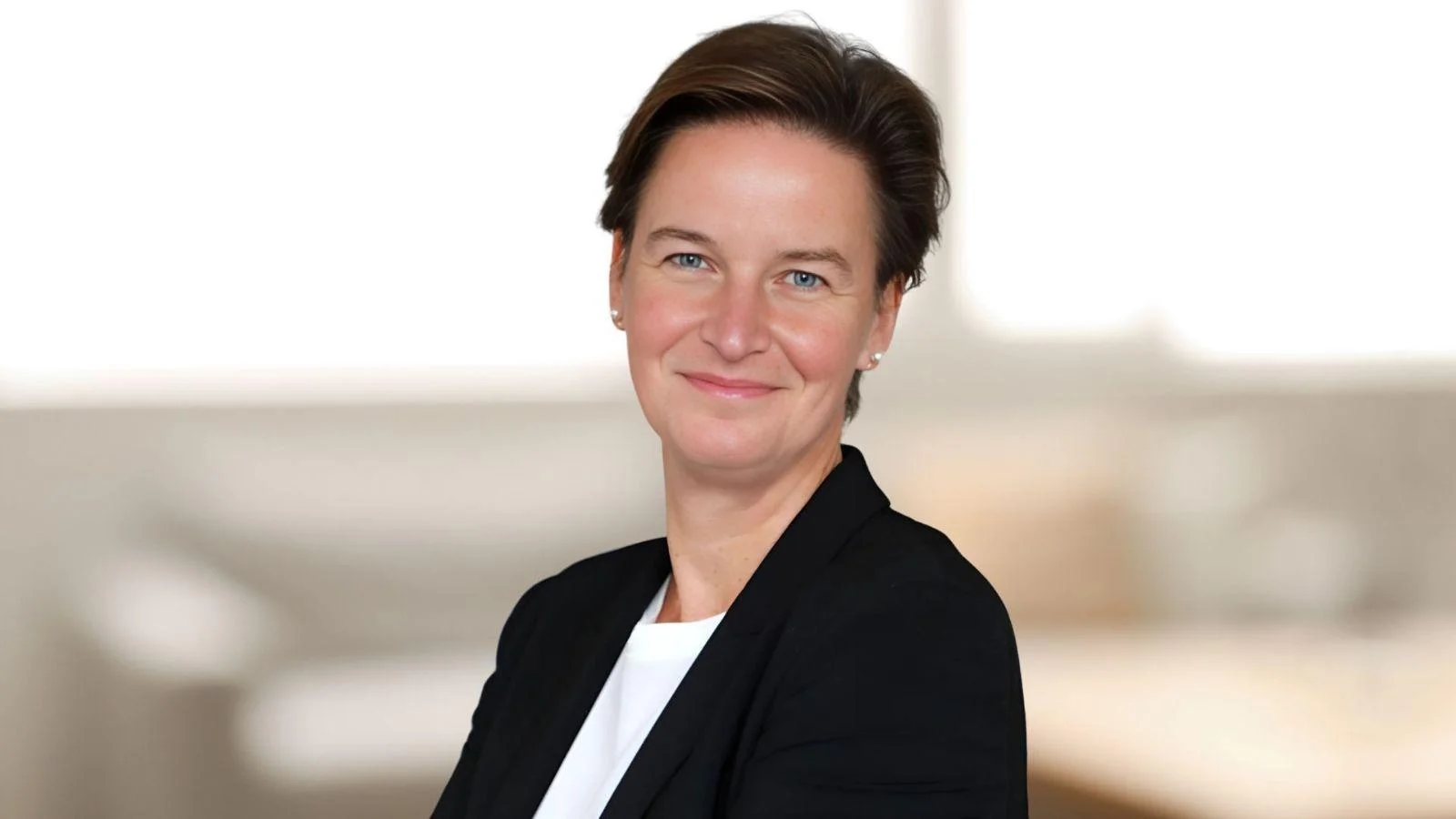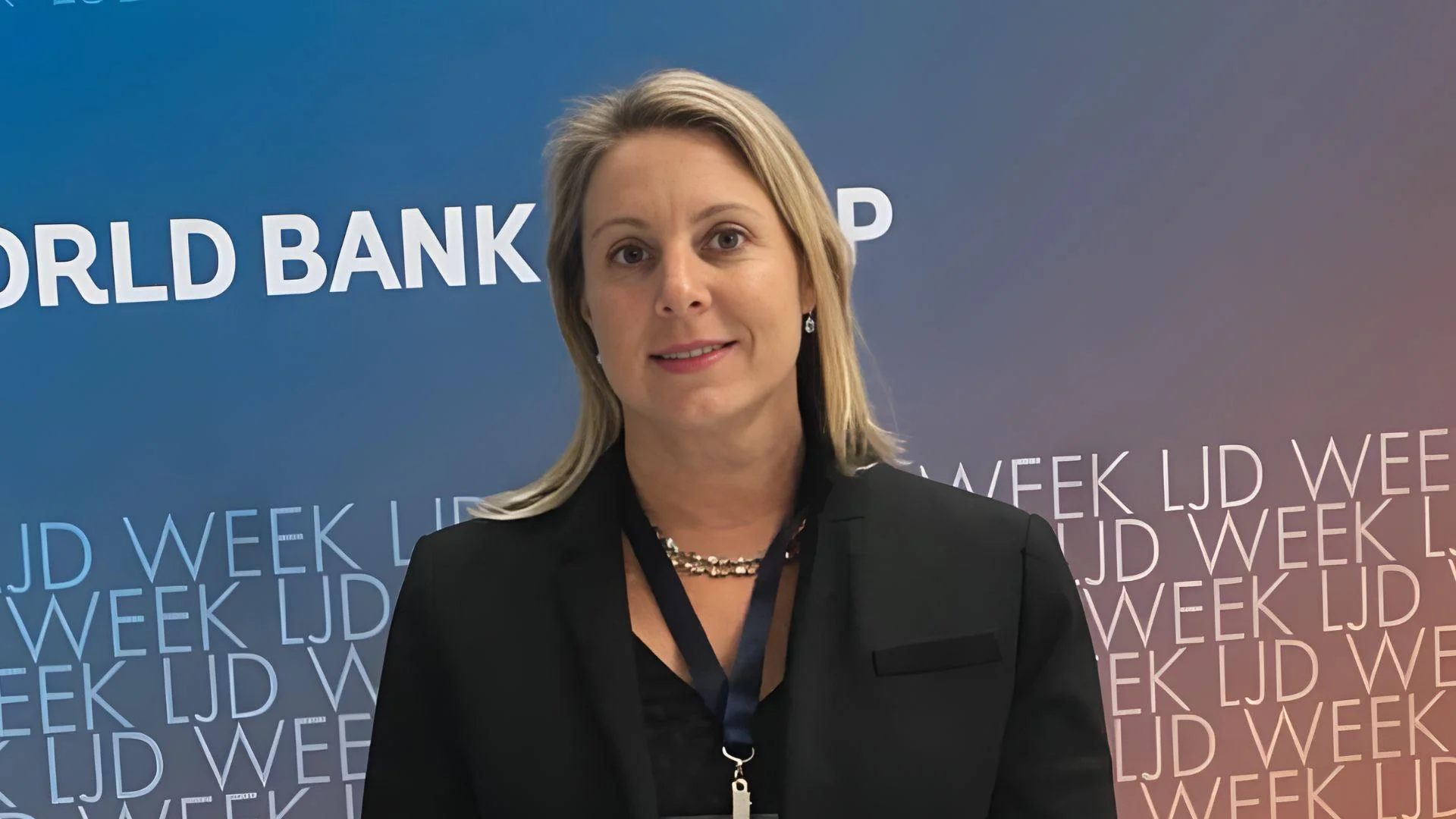The European Securities and Markets Authority (ESMA) has reinforced its stance on the offering of Asset-Referenced Tokens (ARTs) and E-Money Tokens (EMTs), commonly known as stablecoins, within the European Union under the Market in Crypto Assets regulation (MiCA). This announcement was made through a press release dated January 17.
According to ESMA, crypto-asset service providers (CASPs) must align their services with MiCA regulations by the first quarter of 2025 to avoid violations. They are advised to cease offering non-MiCA-compliant ARTs and EMTs and transition to compliant alternatives. CASPs are encouraged to conduct communication campaigns to inform EU investors about restrictions and potential execution risks associated with non-compliant tokens while assisting them in liquidating or converting such assets. National Competent Authorities (NCAs) are tasked with ensuring compliance when reviewing CASP authorization applications.
Issuers of ARTs and EMTs must be authorized within the EU to offer them publicly or seek admission for trading, as outlined in Articles 16(1) and 48(1) of MiCA. Third parties may offer or seek admission for trading if the issuer is authorized and they obtain written consent. CASPs, including trading platforms, are considered seeking admission if they list non-authorized ARTs or EMTs. The provision of services related to non-compliant ARTs or EMTs has been prohibited since June 30, 2024, according to a Q&A response by the European Commission provided by ESMA.
 Alerts Sign-up
Alerts Sign-up










